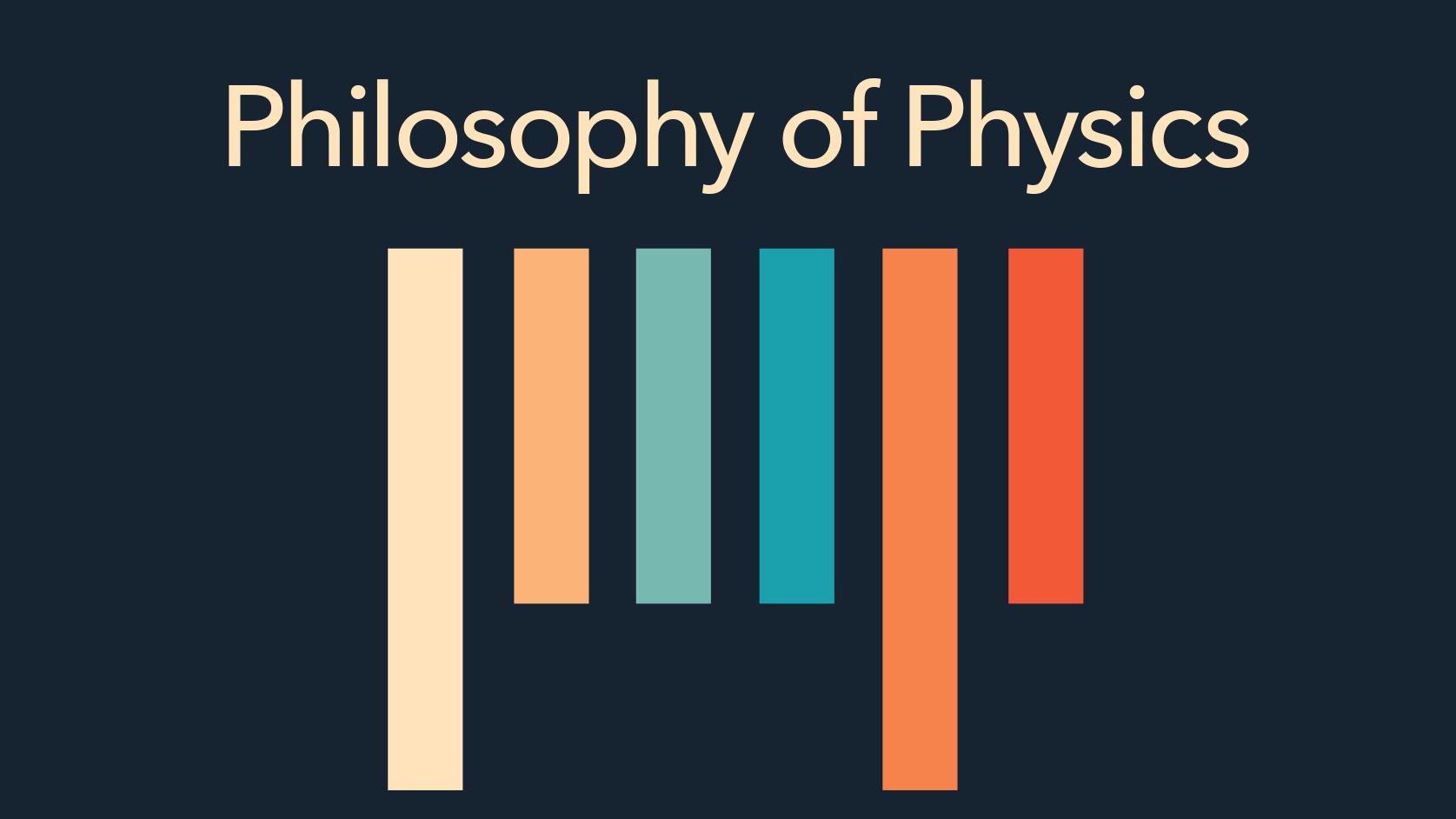
LSE Press: Hello, Thi. Tell me about JIED and your time managing the journal.
Thi Hoang: I’ve edited JIED since 2020 and the experience has been very enriching. JIED is a relatively new journal, and in the first issues that we published I got to engage in a lot of strategic direction blending to shape the journal’s direction and quality from a very early stage.
For me, editing JIED has been especially exciting as it accompanies my civil society work where I specialise in anti-human trafficking topics like trafficking for labour exploitation, child marriage, human trafficking and migrant smuggling in conflict settings, and so on. Working on this journal, I get to read many papers and research on a broad variety of topics including drug policy, environmental crimes, and so forth, which are not necessarily my areas of expertise. I learn a lot through editing JIED, and have gotten to broaden my networks through contacting peer reviewers for various regular and special issues, mapping expert stakeholders, and liaising with guest editors from many different academic institutions, such as the University of Amsterdam whom we collaborated with last year on a special issue on (il)licit city making.
I particularly enjoy working on this journal because JIED is an open access, peer reviewed journal and we want to promote a different academic journal model; steering away from these traditional and a bit predatory-like academic journals where authors have to pay to publish, and the readers have to pay to read the articles, making only the journals themselves or their publishers ultimately benefit from all of this.
An open access, peer reviewed journal model is a great and inclusive model for high quality research which especially helps early career researchers as it has made research and knowledge accessible to everyone.
We also promote publishing our papers, special issues and special sections in multiple languages to make them more accessible for global readers, especially those from the global South – we have published papers, sections and issues in Portuguese, Spanish for example, and are planning to publish an issue in Chinese. We would also like to include more research from the global South and welcome submissions from researchers and authors who do not have the resources to publish in other mainstream journals.
Academics’ strengths often lie in undertaking and publishing research, and they are not always so good at promoting their publications. At JIED, we offer a lot of different innovative approaches to promoting publications. In our podcast series ‘Crime Beyond Borders’, we invite our guest editors of special issues and sections to discuss the contents of their papers, widening the reach of their research through casting the net out to more audiences than the traditional academic ones; from students, to policymakers, law enforcement officers, or anyone who wants to listen to a 30 minute podcast on their way to work. Our output and outreach are very accessible in this way.
How do you measure success as a journal editor?
The most tangible successes and wins that I’ve seen at JIED have been working on papers for the special issues; collaborating, managing, editing, and then receiving positive feedback and praise from readers after publication. Several papers from our regular and special issues, such as the one on environmental impacts of illicit economies, were cited in various prestigious institutions’ publications such as UNODC’s World Drug Report 2022. It has been very satisfying seeing our publications included in reports which shape policy.
There are many different journals out there, so it’s a real vindication of the work we do at JIED when authors or researchers chose to publish their work with us. We are increasingly having more people reaching out to us for collaboration on special issues, or for asking if their paper is aligning with the journal’s scope and interests. When our articles and papers are cited in governments or multilateral organisations’ sources such as the European Union, this is also an indicator of the journal’s success to me.
What does the future of journal publishing look like, and what are your thoughts on the rising presence of AI bots such as Chat GPT and implications this may have on the landscapes of journal publishing and editing?
The rising presence of AI bots will undoubtedly make the landscapes of journal publishing harder, but academic research is also about originality. Researchers create ideas whilst AI tech can only regurgitate and regenerate information.
As a managing editor, I’m not afraid of ChatGPT taking over my job in the near future – rather, I think these technologies can very much enhance our work by consolidating and replicating various work and findings from multiple sources, or by confirming if the work has been carried out and published elsewhere, or applied in different contexts. As for the work generated by, for example, Chat GPT, the difficulty lies in how to differentiate between original work by human researchers and the content regenerated by chat bots and machine learning algorithms, and I think this will become increasingly challenging. Ultimately, the value of academic research lies in originality which computers and algorithms will not be able to replace.
As for JIED’s future and publishing plans, we hope to see more regular and special issues published on more diverse subjects related to illicit economies and development, such as environmental crime and migrant smuggling in the upcoming years, rather than those within my own areas of expertise – human trafficking and cybercrime, and those of JIED Editor in Chief’s, John Collins – namely drug policy and drug-related history. We would also like to include more research from the global South to gain readers and authors who do not have the resources to publish in mainstream journals.
We are also open to submissions from other non-academic stakeholders. Through inviting more civil society, government and private sector actors and practitioners to contribute to JIED, we want to bridge the gap of research and policy, and avoid staying within the ivory towers of academia through drawing out the practical aspects of the research itself.
What have been the biggest obstacles and what advice would you give to any kind of early career researchers hoping to kind of carve out the career within within that field?
For anyone carving out their career as an early career researcher, my key advice would be: persistence and resilience, and remember, progress is not an upwards, linear experience – sometimes your progress and growth might plateau at the beginning before it picks up and peaks. Sometimes if your paper or submission is rejected or gets bad reviews, it might not be about you or your work. It could just be a wrong choice of journal or publisher. Perhaps the reviewers are simply having a bad day and take it out on your work. Don’t be discouraged, persistence is the key, and you shouldn’t give up or get bitter just because of one or two bad reviews. Later on when the early career researchers advance in their career, it’s important to reciprocate with constructive comments offered towards early career researcher’s work or reviews – instead of nasty or unhelpful ones.
Developing good writing habits, such as using simpler language, avoiding jargon, and structuring your paper logically from an early age are also good practices. I would highly recommend Professor Patrick Dunleavy’s writing on the subject which provides helpful guidance on how to write paragraphs in research texts, how to structure your arguments in academic papers. It’s beneficial to get accustomed to these good writing habits from an early stage.
From an anti-human trafficking perspective, data collection must be approached carefully with safeguarding mechanisms. I would advise embarking on data collection with purpose because the data in question is oftentimes the victims and survivors’ personal data. Especially when one is approaching a child victim. Researchers should be careful not to re-traumatise the individuals through questioning when collecting this data. They should ask themselves the question: “Is this data necessary and/or absolutely vital to my research?” If not, do you need to collect it? Do you have sufficient and adequate safeguarding mechanisms to protect this data? Researchers should not just collect the data for the data collection’s sake.
 What inspires your research?
What inspires your research?
My guiding research principle is to give voices to those who could not voice themselves, such as impoverished, marginalised or indigenous communities. For example, in Vietnam, where I’m from, these groups of people and communities have a lot of great experience, knowledge and indigenous expertise about their communities, local surroundings and environment, but they don’t have the means to be heard, because of social, educational and linguistic barriers, among others. They also don’t have the resources to tap into academia or journal publishing.
Therefore, one of my main research objectives and purposes is to bring their voices, experience and knowledge more to the forefront through publishing reports or research with accredited academic journals, so that policymakers and other academics could then hear their voices and learn from their experience and expertise through open access, high quality research and papers.





